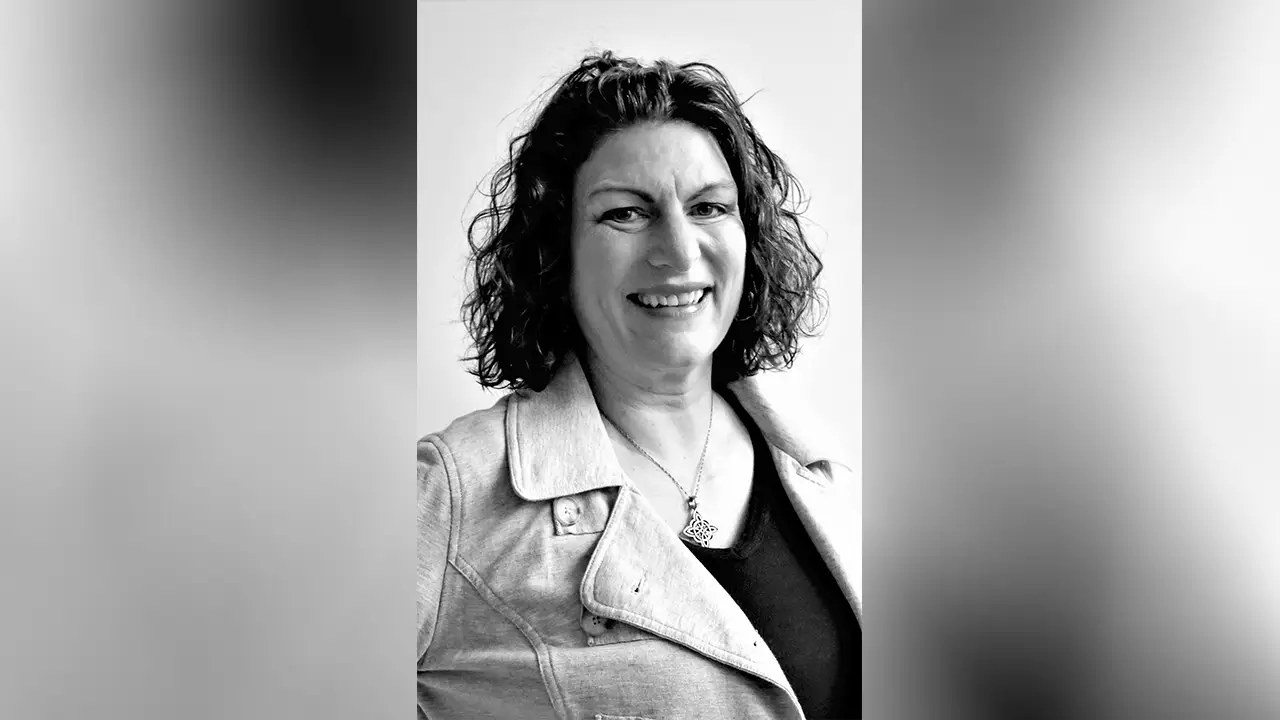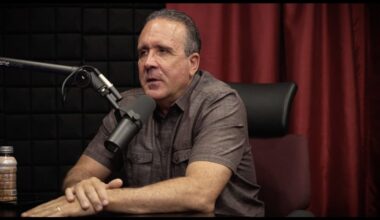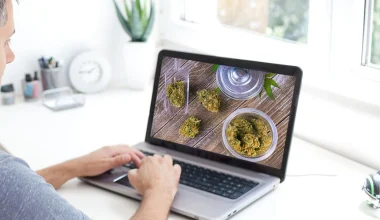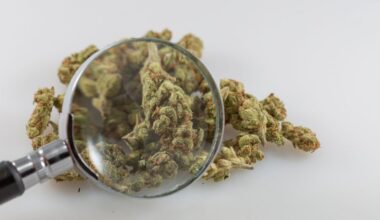Marianne Cursetjee was looking for a way to expand her Alibi Cannabis brand beyond Oregon, where she created it, when a promising new adult-use market opened in New York.
Despite pushback from New Yorkers who advocated that the new recreational marijuana market keep the focus on locally owned and operated brands, Cursetjee – who has family in the state – recognized the opportunity for established West Coast brands such as Alibi.
The Portland company’s co-founder and CEO started looking for partners and found Nanticoke, a greenhouse grower in Endicott, New York, to supply flower for her brand.
Cursetjee recently spoke with MJBizDaily about what it’s like for a West Coast company to enter a newly opened East Coast market.
What were the biggest surprises or unexpected challenges you encountered when entering the New York cannabis market compared to the West Coast?
The first challenge is finding a good partner.
That has taken a year of networking and building relationships and finding out what the right partner looks like.
Partnerships fail all the time.
We don’t have big investors behind us, so we have to make the best decisions we can.
We wanted someone who had the same sort of ethics we do, is family-owned and really supporting the brand and supporting us.
It took us about a year of talking to various companies and people and building relationships.
How did you adapt your branding and marketing strategies to resonate with New York consumers?
We had to change our packaging because New York’s rules are a bit different in terms of what you can show on the packaging compared to Oregon.
It took a little bit of work, but now we’re standardizing the imagery.
It’s still the same effect of this beautiful woman and a butterfly and what cannabis brings to life in terms of exploding out of your cocoon and enjoying life.
What were the key regulatory differences you had to navigate between the West Coast and New York?
We were at Revelry (Buyers’ Club cannabis trade show). It was crazy to me the sampling process in New York.
In Oregon, the rules are exceedingly strict – so strict, it prevents business from happening.
Regulators are not fans of the industry. Their goal is to shut us down, and they don’t allow sampling at all.
In New York, you can offer samples. You can talk to the buyer and offer samples.
Regulators understand the retail environment better. It’s much more business-friendly than Oregon is.
What lessons did you learn about New York consumers that you didn’t anticipate?
We’ve participated in several community events, and I’ve been really enthusiastic about the fact that people want to learn.
The OCM (state Office of Cannabis Management), the mayor’s office – people want to learn and understand plant medicine and see how cannabis can complement their lives and make their lives better.
I love that enthusiasm for plant medicine. We’re trying to make people’s lives better.
We can’t talk about the medical side, but we can encourage and educate.
Were there any specific product adjustments or new offerings you developed specifically for the New York market?
In Oregon, because we do our own farming, we talk about our flower and how we grow it and the inputs and the farm team.
In New York, we’ve had to adjust and adapt because we’re not the ones actually growing.
We’re homing in on what the message is and the quality of the flower.
It’s been fun, and it’s a great journey because whatever adventure you’re up to, there’s an alibi.
It’s finding those moments in life where cannabis can make you a better person.
What advice would you give other West Coast brands looking to enter the New York cannabis market?
It’s key to understand the communities.
New York is bigger than just New York City. It’s a very large state.
We’re fortunate to have brand ambassadors throughout the state, so we can get feedback.
A lot of people are seduced by New York City.
It is the center of the world in a lot of respects, but New York is more than just New York City.
How do you maintain the core identity of your West Coast brand while catering to a new market?
It’s about relationships, and it’s showing up. We’re present.
It’s not just about the transaction of selling cannabis; it’s about the values of supporting a community and improving lives.
It takes work and effort.
What are your long-term goals for Alibi in the New York market?
I’ve got people from New Jersey and Ohio reaching out.
We’ve got lots of interest in the brand, and it’s really flattering.
But we’re all in on New York right now.
We’re rounding out our product lineup and continuing to participate in communities.
How do you differentiate Alibi from existing New York cannabis brands?
Our branding is eye-catching.

It’s a beautiful, feminine, sexy fairy.
Both men and women love her.
She’s the embodiment of what we all have inside.
You have this inner beauty. Alibi is supposed to take you to that more beautiful spot.
We’ve really invested in our brand ambassadors.
We have a boots-on-the-ground field marketing team that does education.
It’s a big investment, but it’s the right thing.
We’ve got people who can show up and do budtender training.
We’re a catchy brand with great products (flower and pre-rolls) and the values to continue to support the message.
What are some of the key performance indicators you’re tracking to measure success in New York?
We just launched three weeks ago, and we’ve already had shops on their third orders.
To me, it’s about your reorder rate.
The sales velocity is really climbing.
Subscribe to the MJBiz Factbook
Exclusive industry data and analysis to help you make informed business decisions and avoid costly missteps. All the facts, none of the hype.
What you will get:
- Monthly and quarterly updates, with new data & insights
- Financial forecasts + capital investment trends
- State-by-state guide to regulations, taxes & market opportunities
- Annual survey of cannabis businesses
- Consumer insights
- And more!
Knowing what you know now, is there anything you would have done differently?
At this point, everything is great.
One of the challenges is deciding how to launch new products.
We’ve decided we’re just going to do things as fast as possible.
Once we get to three SKUs (stock-keeping units), we’re going to be done for this year.
In Oregon, we started off really small, really measured because we’re self-funded.
We have to be mindful of our capital costs. That allowed us to build a foundation of excellence.
I would like for the conversation not to be focused on the THC percentage but to be focused on the effects and the experience.
We’ve trained customers to come into a shop and say, “I want your highest THC flower at the lowest price.”
In New York, we have an opportunity to change that.
It’s the terpenes, it’s the cannabinoids and all the things we’re still learning about.
I would encourage people to ask questions about what’s in their product.
This interview was edited for length and clarity.
Margaret Jackson can be reached at margaret.jackson@mjbizdaily.com.
Medical Disclaimer:
The information provided in these blog posts is intended for general informational and educational purposes only. It is not a substitute for professional medical advice, diagnosis, or treatment. Always seek the advice of your physician or other qualified healthcare provider with any questions you may have regarding a medical condition. The use of any information provided in these blog posts is solely at your own risk. The authors and the website do not recommend or endorse any specific products, treatments, or procedures mentioned. Reliance on any information in these blog posts is solely at your own discretion.






